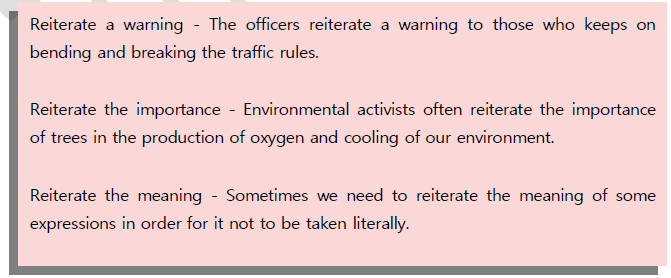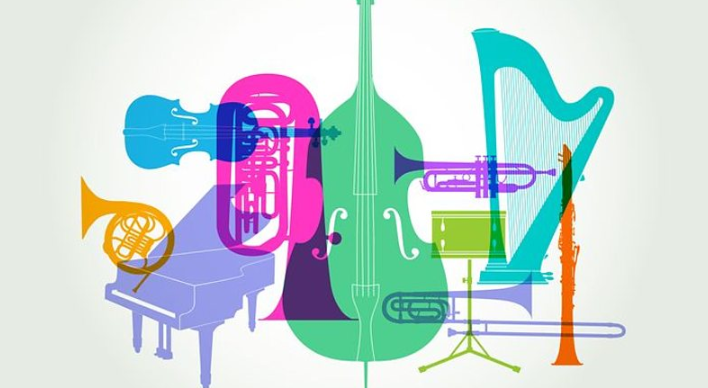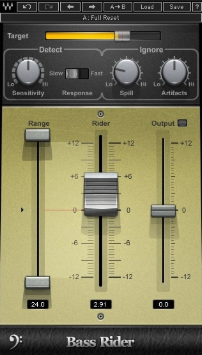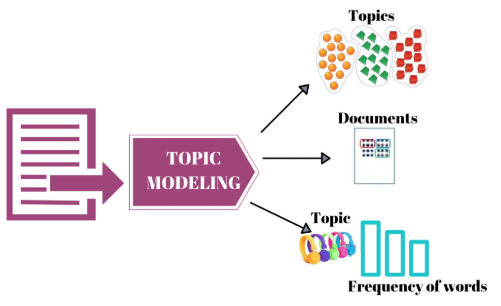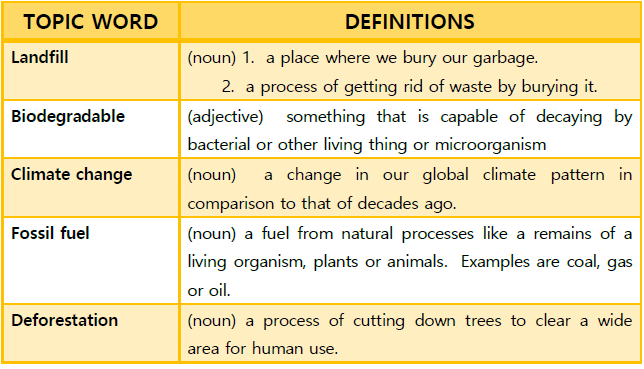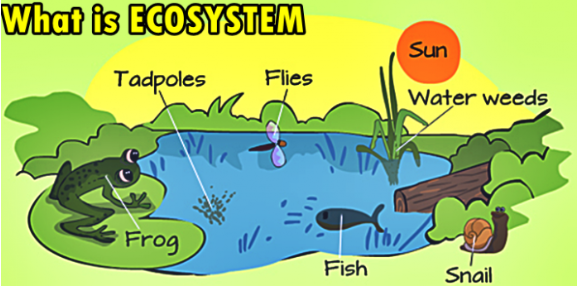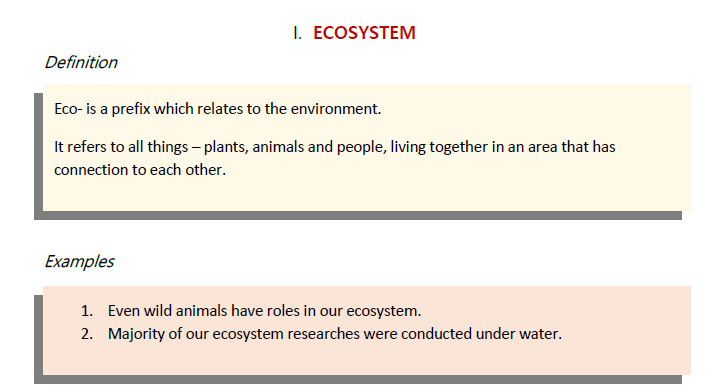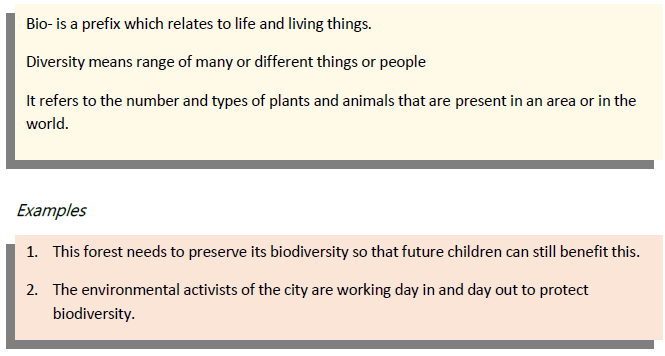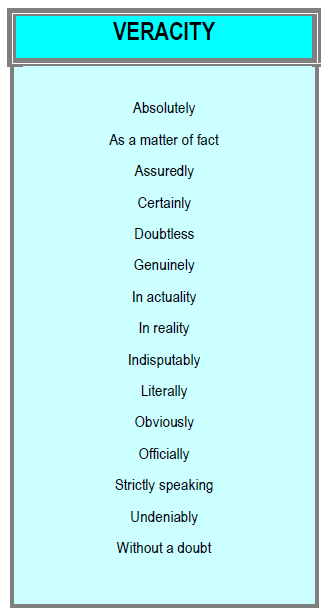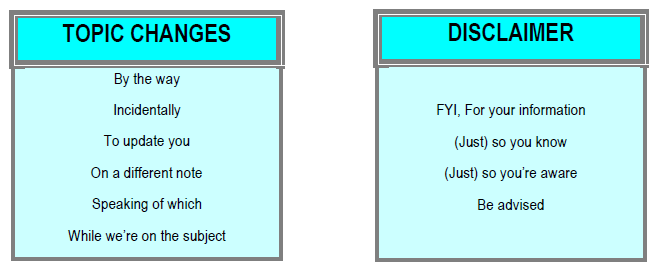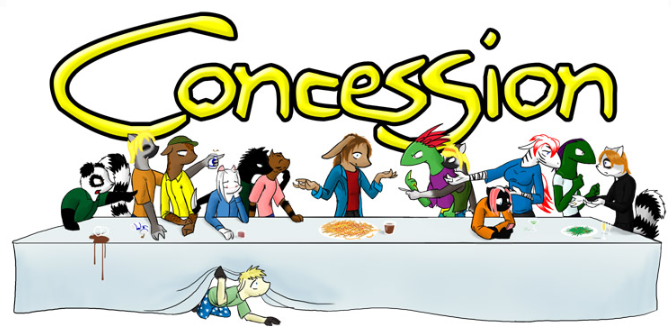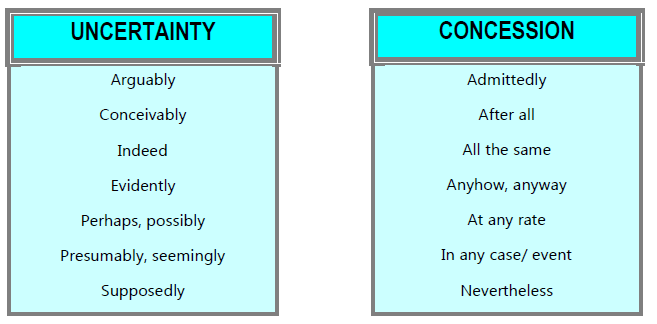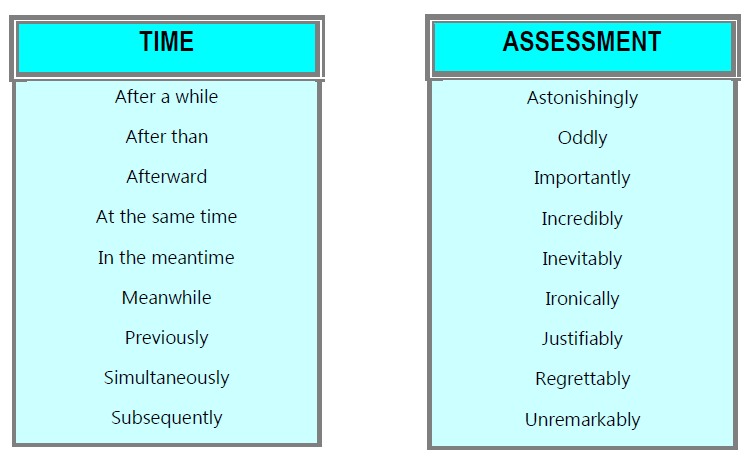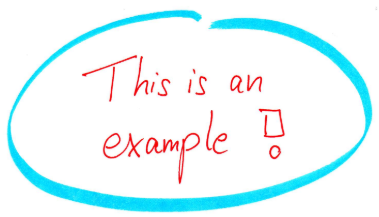IELTS スピーキング バンドスコア 7+対策法 Topic Word (テーマ別単語) 6
「HISTORY」

IELTS スピーキングの採点基準「 Lexical Resource (Vocabulary) 語彙の豊富さ」で
高い評価を得るために、Topic Word (テーマ別単語) の習得が必須です。
試験官は、質問のトピック(テーマ)にどれほど、受験者がTopic Word を
使って回答しているかをチェックしています。
例えば、環境問題について話をするとき、climate change, pollution levels などの単語が
すらすら出てくることを期待しています。
Topic Word テーマ別単語 「HISTORY」
以下、5つの単語は「HISTORY」に関連したTOPIC WORDです。
単語の定義を覚えましょう
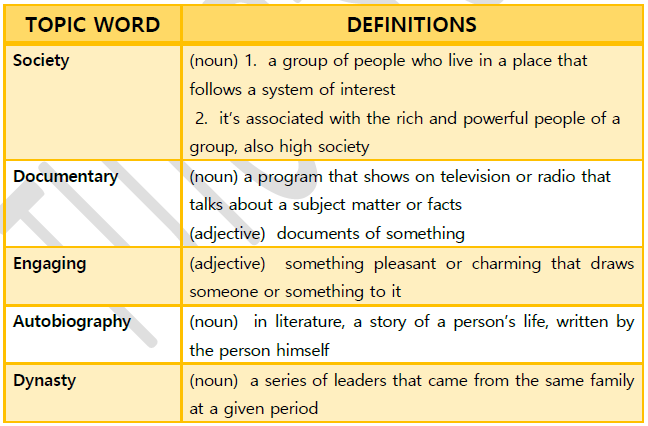
試験で使える!Topic Word 「HISTORY」
HISTORIC 歴史的に有名な、由緒(ゆいしよ)のある

┃ 定義

┃ 例文

┃ Collocation 連語

INSIGHT 洞察(力)、眼識、識見

┃定義

┃ 例文

┃ Collocation 連語

PROMINENT 卓越した、傑出した

┃定義

┃ 例文

┃ Collocation 連語

その他「HISTORY」に関連したTOPIC WORD 10 Words
- Archaeology (考古学)
Archaeologists excavated ancient ruins to uncover clues about past civilizations.
考古学者たちは古代の遺跡を発掘し、過去の文明についての手がかりを見つけ出しました。
- Revolution (革命)
The French Revolution drastically altered the course of history with its call for liberty and equality.
フランス革命は自由と平等を求める声とともに、歴史の流れを劇的に変えました。
- Artifact (人工遺物)
The museum’s collection includes artifacts dating back to the Bronze Age.
この博物館のコレクションには、青銅時代にさかのぼる人工遺物が含まれています。
- Monarchy (君主制)
The concept of divine right was fundamental to the power of European monarchies in the medieval period.
神聖権利の概念は、中世ヨーロッパの君主制の権力にとって基本的なものでした。
- Colonization (植民地化)
Colonization led to the spread of European cultures and the displacement of indigenous populations around the world.
植民地化はヨーロッパ文化の普及と世界中の先住民族の追放につながりました。
- Treaty (条約)
The Treaty of Versailles was signed after World War I, imposing heavy reparations on Germany.
第一次世界大戦後、ヴェルサイユ条約が締結され、ドイツに重い賠償を課しました。
- Renaissance (ルネサンス)
The Renaissance marked a period of significant cultural rebirth in Europe, starting in Italy.
ルネサンスはイタリアを起点に、ヨーロッパで顕著な文化的再生の時代を示しました。
- Civilization (文明)
The ancient Mesopotamian civilization is considered one of the cradles of human culture.
古代メソポタミア文明は、人類の文化のゆりかごの一つとされています。
- Empire (帝国)
The Roman Empire at its height controlled vast territories across Europe, North Africa, and the Middle East.
全盛期のローマ帝国は、ヨーロッパ、北アフリカ、中東にまたがる広大な領土を支配していました。
- Historiography (史学)
Historiography is the study of historical writing and its methods, reflecting how historians interpret past events.
史学は歴史的な執筆とその方法を研究するものであり、歴史家が過去の出来事をどのように解釈するかを反映しています。
「Topic Word」をインストラクターと一緒にレッスン!




































